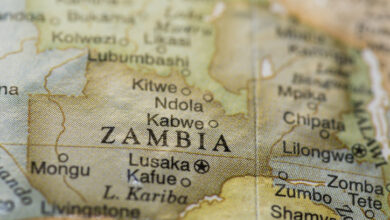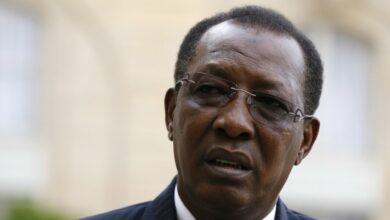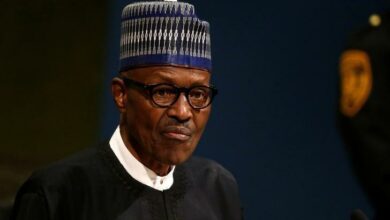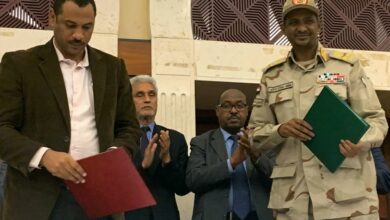World
U.S. Says Russian Air Defenses Shot Africa Command’s Drone Lost Over Tripoli
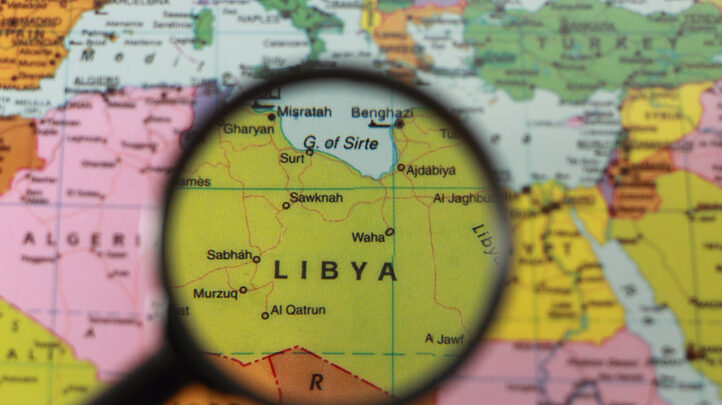
The U.S. Africa Command (AFRICOM) on Saturday said the military believes that the unarmed remotely piloted aircraft (RPA) reported lost over Libya’s capital last month, was instead shot down by Russian air defenses and it is now demanding the return of the aircraft’s wreckage.
In an interview with Reuters, U.S. Army General Stephen Townsend, who leads Africa command, said he believed the operator of the air defenses wasn’t aware at the time of shooting that it was a U.S. remotely piloted aircraft.
“But they certainly know who it belongs to now and they are refusing to return it. They say they don’t know where it is but I am not buying it,” Townsend said.
In April, Libyan strongman Khalifa Haftar’s Libyan National Army (LNA) launched a war against Libya’s internationally recognized Government of National Accord (GNA) to bring Tripoli under its control. The LNA has already seized much of eastern Libya from Islamic militants and other rivals in recent years. Over 200 people have been killed and more than 128,000 displaced in the fighting since April, according to U.N. figures.
Africa Command spokesman Air Force Colonel Christopher Karns said the U.S. assessment concludes that either Russian private military contractors or Haftar’s so-called Libyan National Army were operating the air defenses at the time the drone was reported lost on Nov. 21.
He said the United States believed the air defense operators fired on the U.S. aircraft after mistaking it for an opposition drone.
Some diplomats and Tripoli officials claim Haftar is getting support from Egypt, the United Arab Emirates, and Russian mercenaries. But the Russian authorities have long been denying using military contractors in any foreign military theater and say any Russian civilians who may be fighting abroad are volunteers. The LNA has also denied getting any foreign backing.


